Joaquin Phoenix’s performance as Arthur Fleck/Joker is the clear standout of the film, delivering a truly transformative and startling portrayal of the Clown Prince of Crime. From the minute you see Phoenix, he instills a level of uncomfortableness that never truly leaves, from his lanky, malnourished physical appearance, to his specific walk and run, to his terrifying, uncontrollable laughter. Once you see him, you know he’s going to fall off the deep end and it's only a matter of time before he causes serious damage to others.
The cinematography, music, and production design also impress. Everything is seen through the eyes of Arthur, bringing us into his mental state with the choice of shots (as seen in the pictures provided). The score by Hildur Guðnadóttir, particularly the leitmotif that accompanies Arthur throughout the film brilliantly complements Arthur’s interpretation, instilling dread, tragedy, and dark triumph of the Joker. The overall pacing is slower than most comic book films, allowing us to wallow in Arthur's POV and build a true sense of dread.
The production design is most evident in Gotham City, which truly feels like 70s and 80s New York. Gotham City has always been an exaggerated New York with its crime ridden, garbage filled streets. Like all the best interpretations of Gotham City, it is on the brink of collapse. While it is not full to the brim with supervillains, it is falling to economic ruin as the divide between the rich and the poor grows, which escalates as Arthur inadvertently gets involved in this struggle between the 99% and the 1%.
While this approach requires active spectatorship, it also allows for shallow characterization among the supporting cast. Most of the characters in the film have similar bad interactions with him, which leads him to kill those he perceives as treating him badly. Is this all in Arthur’s head? If so, what are the implications Phillips wants us to take away? Ultimately, I perceived Phillips to be commenting on Arthur’s narcissistic need to be noticed and recognized in some sort of way, discovering that killing those he deems worthy of death gives him that attention.
One of the major stylistic influences on the film is Martin Scorsese, specifically King of Comedy (1982) and Taxi Driver (1976). These films follow Rupert Pupkin and Travis Bickle, who descend into criminal acts (usually violent acts) in response to the society around them and being denied something they want. The most specific references to Scorsese appear in the relationship between Arthur and Murray Franklin. De Niro starred in both Taxi Driver and King of Comedy as the protagonists. While shots and ideas are shared by these three films, it never took me out of the film, due to the more intimate point of view the film allows us into.
This standalone take on Joker brought to mind the approach of an Elseworld Story, a type of story DC Comics would tell outside of traditional comic book continuity and drastically shift major aspects of the characters for new story potential. In the case of Joker; it tells the story of the Joker's origin without Batman in the style of a Scorsese film. This approach to superhero films could rejuvenate the genre in a way that James Mangold’s Logan (2017) did: placing familiar characters in new circumstances. Joker is very much in the spirit of this comic book storytelling tradition. With its 80s New Yorke style Gotham and Scorsese archetypes, it allows the character to manifest as something new entirely: a lone vindictive killer who incidentally incites a revolution, as oppose to the criminal mastermind who is the inverse of Batman in every way.
Overall, Joker is a unique film in the comic book film genre. The overall craft of the film from, direction, cinematography, score, and acting work beautifully and allows for a film to rest in the uncomfortable subjectivity of a truly disturbed central character. While it may wear its influences on its sleeve and had one note supporting characters, the overall journey from Arthur Fleck to Joker is satisfying and disturbing to watch. If you go into this movie with an open mind to a new interpretation of the Clown Prince of Crime, you my find this film may be up your alley.
Works Cited
Augustyn, Brian, et al. Batman: Gotham by Gaslight. DC Comics, 2017.
Millar, Mark, et al. Superman: Red Son. DC Comics, 2003.

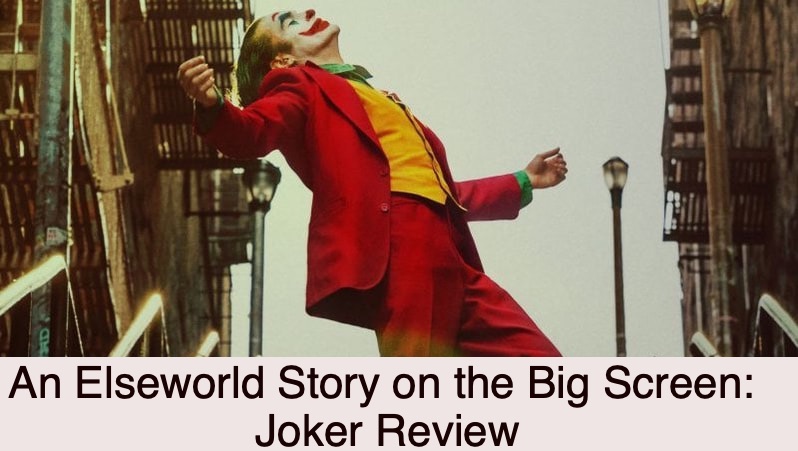
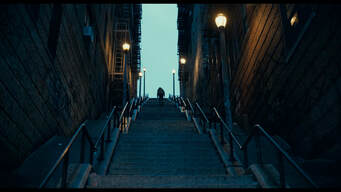
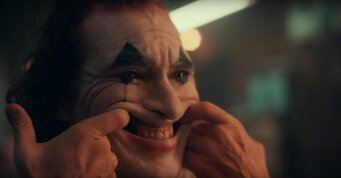
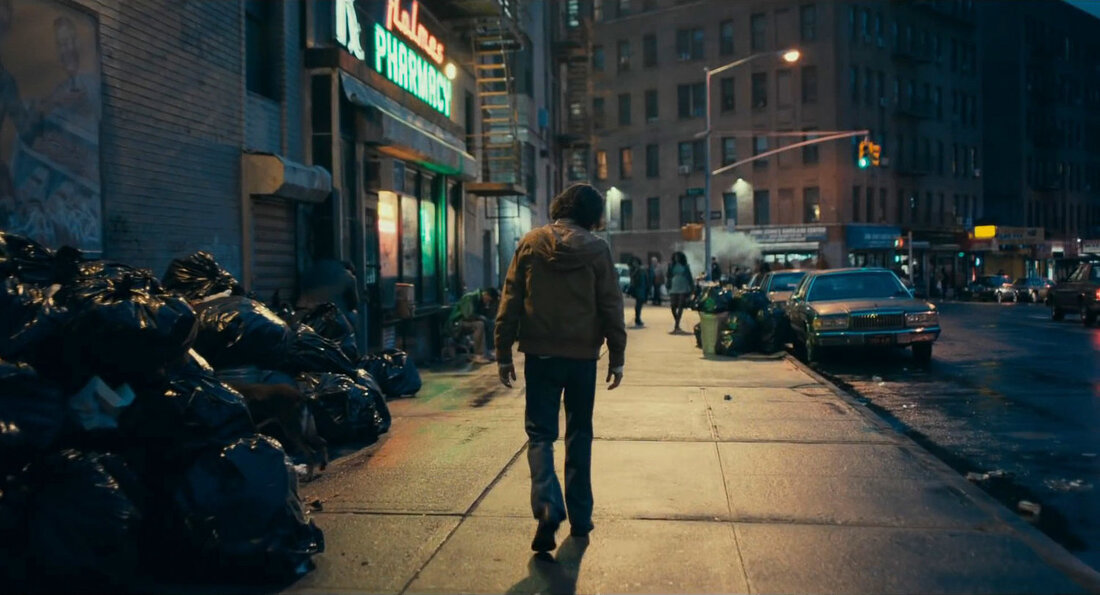
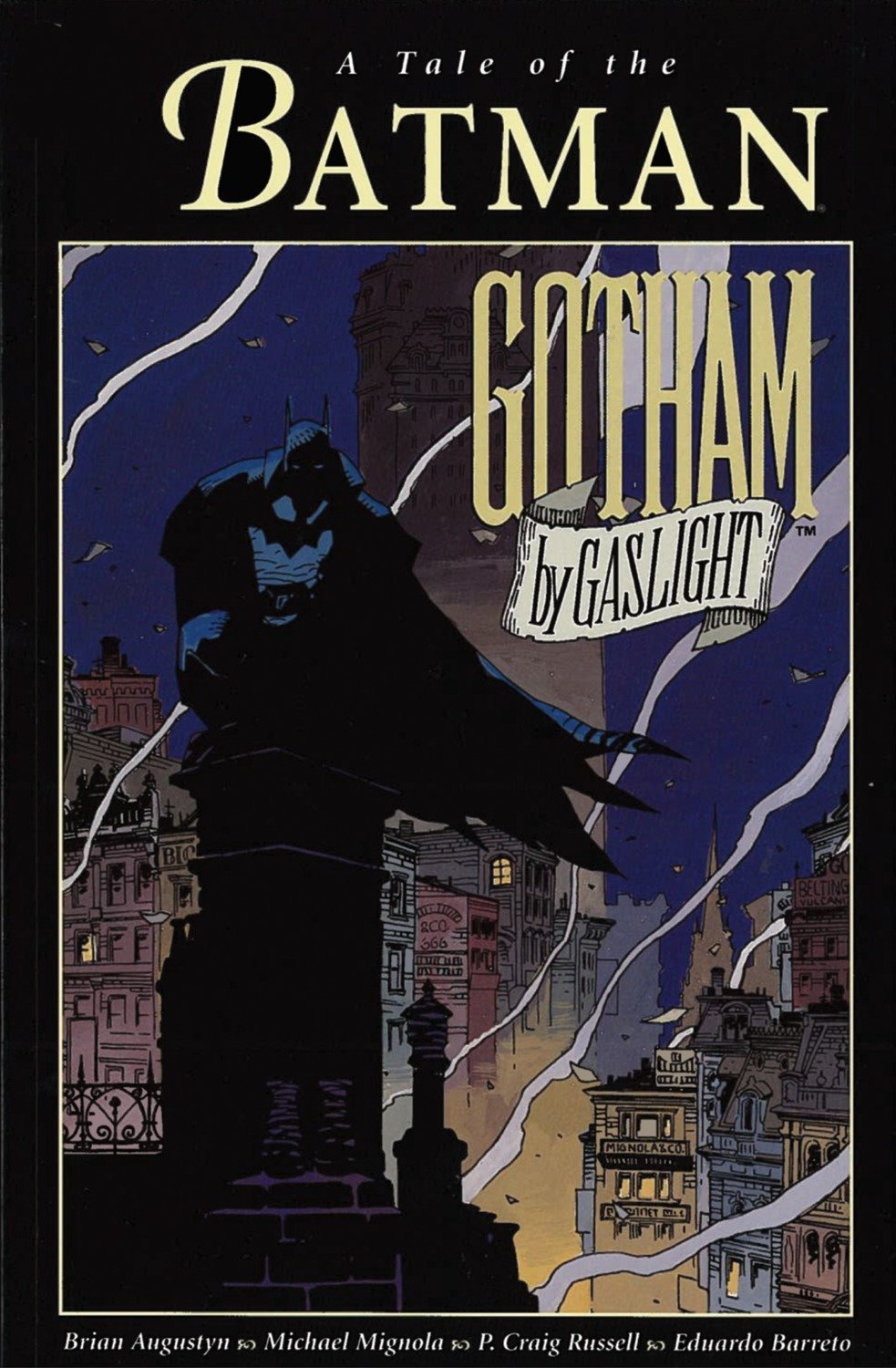
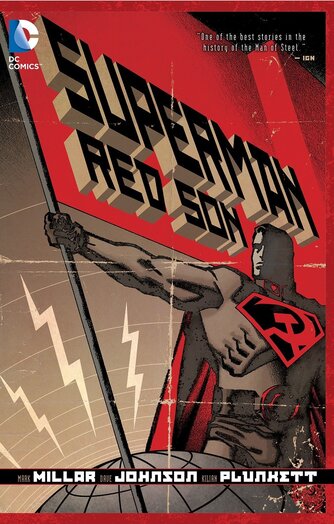
 RSS Feed
RSS Feed
